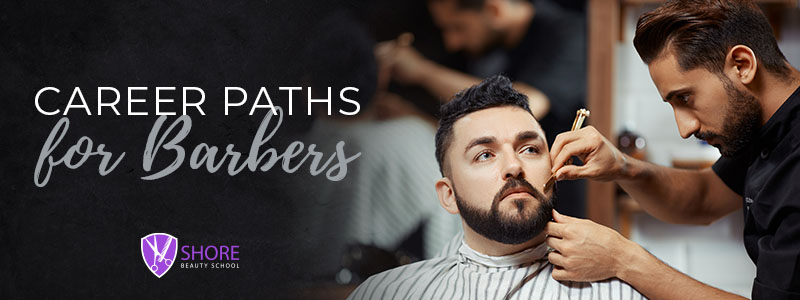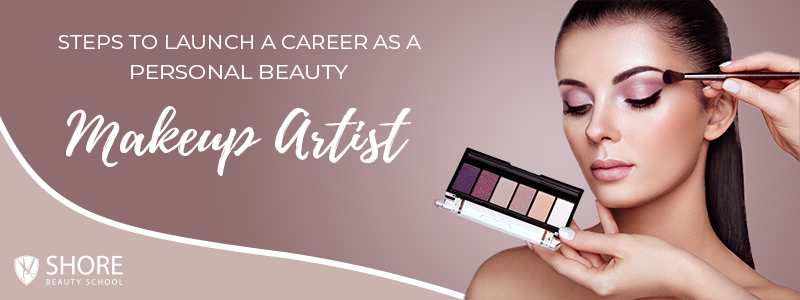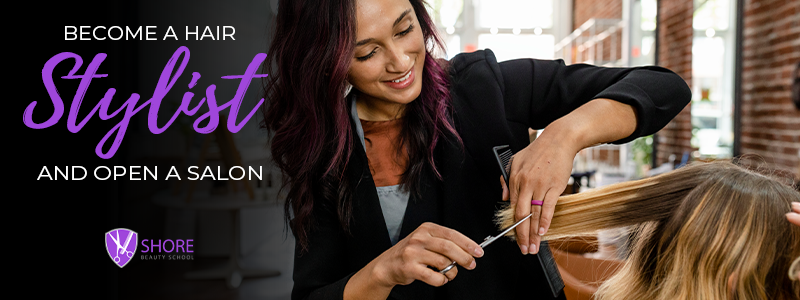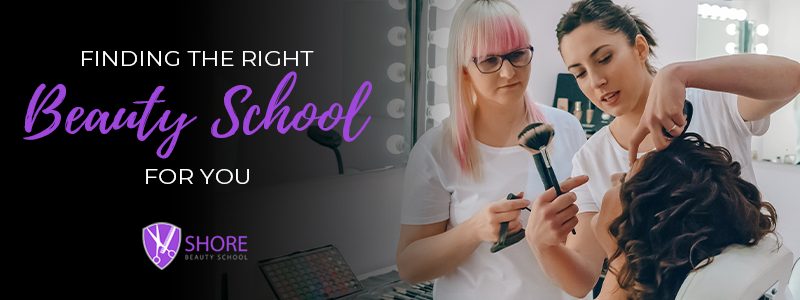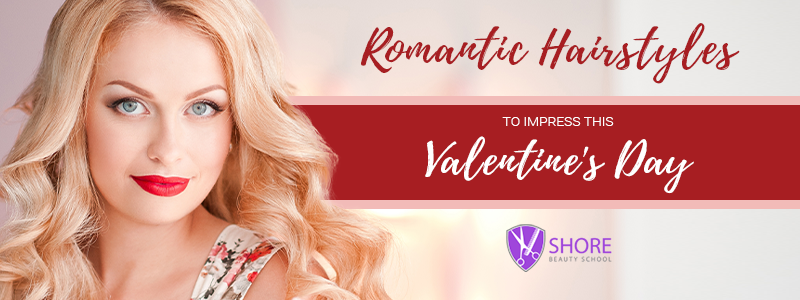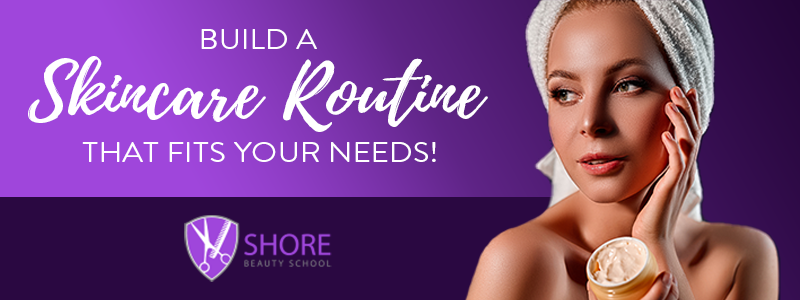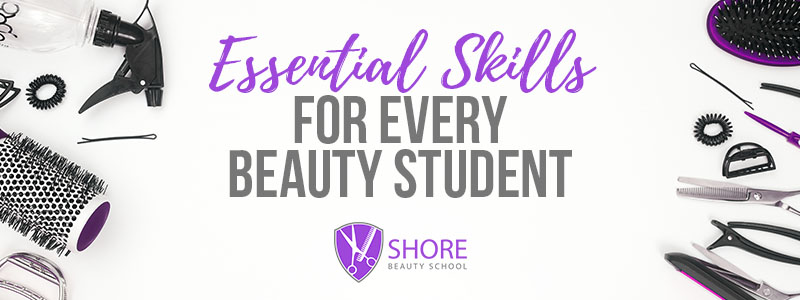
Embarking on a career in the beauty industry requires a strong foundation of essential skills. At Shore Beauty School, we understand the importance of proficiency in the basics to ensure long-term success in this dynamic field. In this blog, we’ll explore the essentials skills for every beauty student to learn to excel in their chosen career path, from cosmetology to barbering and beyond.
Fundamentals of Hair Cutting
Understanding the art of hair cutting is a cornerstone of any beauty professional’s skill set. Students should focus on understanding various cutting techniques, such as blunt cuts, layering, and texturizing. By practicing precision and developing a keen eye for detail, future stylists can create versatile and personalized haircuts that cater to individual client preferences.
Hair Coloring Techniques
Hair coloring is a transformative skill that requires a thorough understanding of color theory and application methods. Beauty students should learn techniques like balayage, ombre, foiling, and root smudging. A holistic grasp of these techniques allows for the creation of stunning, customized color solutions that enhance clients’ natural beauty and reflect current trends.
Skincare Basics
A comprehensive knowledge of skincare is crucial for beauty students pursuing a career in skincare. Key skills include performing facials, understanding different skin types and conditions, and recommending appropriate skincare routines. Additionally, students should familiarize themselves with the various ingredients and combinations of skincare products to ensure a positive experience for services.
Makeup Artistry
Makeup artistry is an essential skill for beauty students, encompassing both everyday looks and special occasion styles. Students should practice fundamental techniques such as contouring, highlighting, and blending. Learning to work with various skin tones and face shapes ensures that beauty professionals can enhance their clients’ features and boost their confidence.
Nail Care and Design
Nail care is another vital component of beauty education. Students should become proficient in basic manicures and pedicures, nail shaping, and cuticle care. Additionally, learning nail art techniques and understanding the latest trends in nail design can set future nail technicians apart in the competitive beauty industry.
Client Communication
Effective client communication is key to building strong relationships and ensuring client satisfaction. Beauty students should practice active listening, ask open-ended questions, and provide clear explanations of services. Excellent communication skills help in understanding client needs, managing expectations, and delivering exceptional service.
Sanitation and Safety
Maintaining high standards of sanitation and safety is non-negotiable in the beauty industry. Students must learn proper sterilization techniques for tools and equipment, as well as best practices for maintaining a clean and safe working environment. Adhering to these standards protects both clients and beauty professionals from potential health risks.
Come See Us at Shore Beauty School
Mastering the basics is crucial for every beauty student aiming to succeed in this vibrant industry. At Shore Beauty School, our comprehensive programs help students build skills in hair cutting and coloring to skincare, makeup artistry, and beyond. By focusing on these fundamental skills, beauty students can build a solid foundation for a successful and fulfilling career. Ready to start your journey? Contact Shore Beauty School today and take the first step towards mastering the beauty basics.



